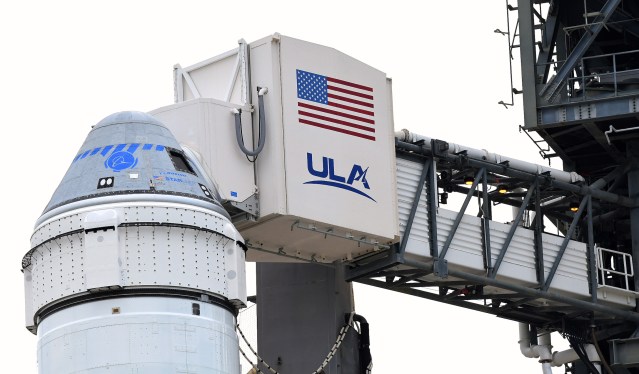Delayed Launch Date: July 21 or Later
The first crewed flight test of Boeing’s Starliner capsule is facing another delay, with NASA officials announcing that the launch date has been pushed back to no earlier than July 21. The space agency and Boeing attribute the delay to certification issues related to the parachute system, as well as scheduling constraints with other missions planned for the International Space Station (ISS).
NASA’s Program Manager on Certification Issues
Steve Stich, NASA’s program manager for the commercial crew program, emphasized that NASA and Boeing need to complete additional ground testing on the parachute system and the Starliner’s abort system. Stress testing of the flight and guidance, navigation, and control systems is also ongoing, with a completion deadline by the end of this month.
"The Starliner spacecraft is in really good shape," Stich said during a media briefing. "It’s largely ready for flight." However, he noted that some additional testing is necessary to ensure that the spacecraft meets NASA’s certification requirements.
Boeing’s Program Manager on Component Error and Testing
Mark Nappi, Boeing’s Starliner program manager, explained that an error was discovered in one of the spacecraft’s components. "We fixed it," Nappi said. "It was a pretty simple modification to the vehicle." However, he emphasized that the testing is necessary to ensure that the issue is isolated and does not exist elsewhere on the spacecraft.
Mission Overview
The CST-100 Starliner mission was initially scheduled to launch in April but was delayed last week to accommodate Axiom Space’s Ax-2 private spaceflight mission. The crewed flight test will carry two NASA astronauts, Barry Wilmore and Sunita Williams, to the ISS for at least an eight-day stint. While docked with the station, the astronauts will perform additional vehicle check-outs.
The mission is scheduled to launch on a United Launch Alliance Atlas V rocket from Cape Canaveral Space Force Base in Florida. If successful, NASA plans to certify Starliner for ISS missions, joining SpaceX’s Dragon capsule and Russia’s Soyuz as the only human-certified spacecraft capable of ferrying astronauts to and from the station.
A Long Road to Certification
The development of the Starliner program has been marked by numerous delays and issues. The first uncrewed test mission in 2019 was aborted, and subsequent delays have pushed back the launch date multiple times. However, Boeing’s program manager emphasized that the company is committed to ensuring the spacecraft meets NASA’s certification requirements.
"We know that what we’re doing is extremely important," Nappi said. "Launching humans in space and providing NASA with a second provider is a critical task. We’ll take our time, and we’ll make sure that everybody is confident in the work that’s been done."
Starliner’s Importance for Space Exploration
The success of the Starliner program has significant implications for space exploration. With the ability to regularly ferry astronauts to and from the ISS, NASA will have a reliable means of accessing the station. This capability will be crucial for future missions, including those focused on deep space exploration.
In conclusion, the delay in the Starliner’s crewed flight test is a setback, but it does not diminish the importance of this mission. The success of the program will provide NASA with a critical asset for future space exploration endeavors.
Key Takeaways
- The first crewed flight test of Boeing’s Starliner capsule has been delayed to no earlier than July 21.
- Certification issues related to the parachute system and scheduling constraints with other missions are responsible for the delay.
- Additional ground testing is necessary to ensure that the spacecraft meets NASA’s certification requirements.
- The success of the program will provide NASA with a reliable means of accessing the ISS, crucial for future space exploration endeavors.

